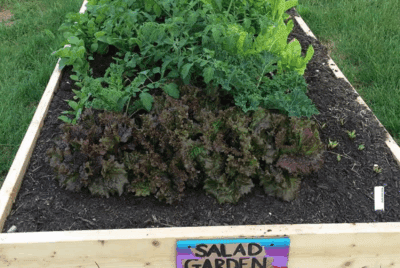RESEARCH
Applying a Resilience Systems Framework to Urban Environmental Education
Summary
This paper investigates how environmental education, specifically when integrated with community-based projects like gardening and habitat restoration (termed “civic ecology”), can help cities become more resilient. Resilience, in this context, refers to a city’s ability to bounce back from challenges such as natural disasters or social unrest. The central argument is that active community involvement in caring for the local environment through civic ecology, combined with relevant environmental education, strengthens a community’s capacity to adapt to change. This happens by enhancing biodiversity, providing vital ecosystem services, incorporating diverse knowledge types (scientific and traditional), and fostering community involvement in resource management.
The article highlights community gardening and the “Garden Mosaics” program as practical examples. Community gardens boost biodiversity and offer ecosystem services, while Garden Mosaics connects younger and older generations of gardeners to share knowledge about plants and cultural traditions. Using a “resilience framework,” the authors propose that these activities promote crucial aspects of urban resilience: diversity (in both natural and knowledge systems) and self-organization (where local actions collectively benefit the city). The paper suggests that environmental education, rooted in civic ecology, plays a significant role in building stronger, more adaptable urban communities.







